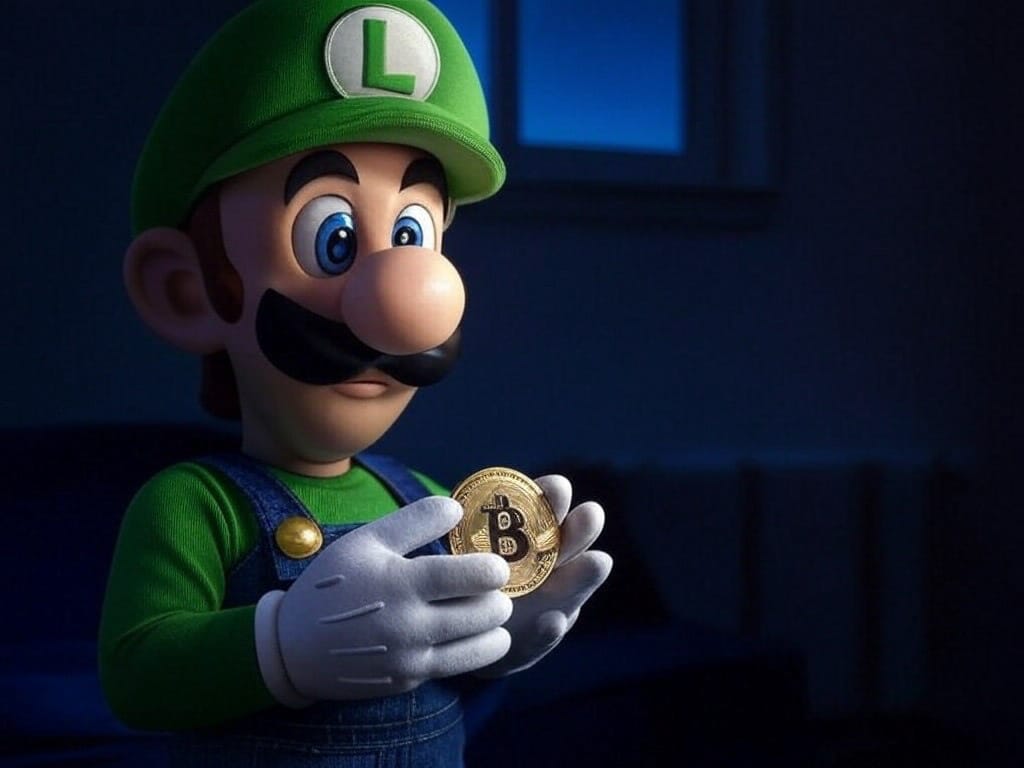The Dark Side of Memecoins: Luigi Memecoin Reaches $77 Million Amid UnitedHealthcare CEO Murder Scandal

In the crazy world of crypto, where viral trends can dictate market movements, the recent arrest of Luigi Mangione following the murder of UnitedHealthcare CEO Brian Thompson has unleashed a particularly grim wave of interest. The memecoin launched on the Solana blockchain named after Mangione, known simply as Luigi, has not only captured people’s attention but has also highlighted the darker facets of memecoin culture.
The incident unfolded after the shocking daylight murder of Thompson on December 4th, sparking a nationwide manhunt that ended with Mangione's arrest. This event quickly transcended into the digital realm, where it fueled an unprecedented surge in memecoin activity. The Luigi token, riding on the wave of this tragic news, briefly soared to an astonishing $77 million market cap before settling at around $17 million, reflecting the volatile and often morbid fascination of internet culture.
The Dark Side of Memecoin Culture
Memecoins, by design, thrive on the zeitgeist of the moment, drawing value from humor, hype, and public fascination with current events. Typically, these tokens celebrate light-hearted or whimsical themes, from beloved pets to cartoon characters. However, the emergence of the Luigi token underscores a more sinister trend where memecoins exploit tragic or controversial events for financial gain. This isn't the first instance where memecoins have ventured into ethically questionable territory; there have been tokens based on fake suicides, serious health issues, and even hate symbols, showcasing a disturbing side of digital currency speculation.
The response in the crypto betting scene has been equally intense. Platforms like Polymarket saw nearly half a million dollars wagered on various outcomes related to Mangione's arrest, with bets placed on everything from the content of his manifesto to the specifics of his capture. This betting frenzy not only demonstrates the speculative nature of cryptocurrency but also how quickly real-world tragedies can be commodified online.
The Luigi memecoin's initial surge to $77 million was not isolated. Before Mangione's arrest, another memecoin named "Deny Defend Depose" also gained traction, drawing in $3.4 million. This coin was inspired by the words allegedly inscribed on bullet casings found at the crime scene, further blurring the lines between digital currency and real-life tragedy. Despite its initial popularity, this token's value has since plummeted to $836,000, illustrating the fleeting nature of memecoin investments based on dark or controversial themes.
The cultural impact of Mangione's notoriety extends beyond the crypto sphere. Merchandise like mugs, hats, and holiday sweaters bearing references to the case have found their way onto various online shopping platforms, turning a somber event into a bizarre market opportunity. This commercialization of crime and tragedy speaks volumes about the internet's capacity to transform any narrative, no matter how serious, into a spectacle or a commodity.
While memecoins can be a playful and engaging part of the cryptocurrency ecosystem, the rise of tokens like Luigi in the wake of such a grave event as the murder of a CEO reveals a troubling undercurrent. It poses questions about morality, ethics, and the fine line between satire, speculation, and the exploitation of human tragedy for profit. As the crypto market evolves, these instances challenge the community to reflect on the implications of what they invest in, both culturally and ethically.

